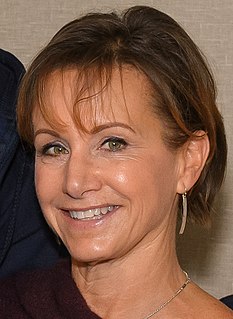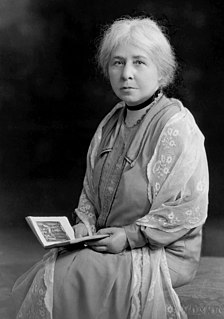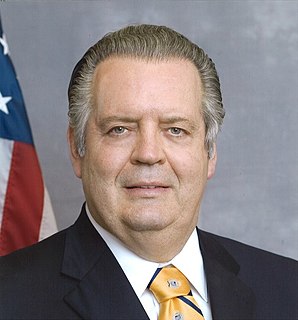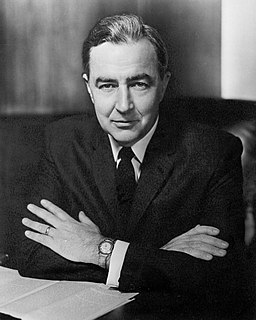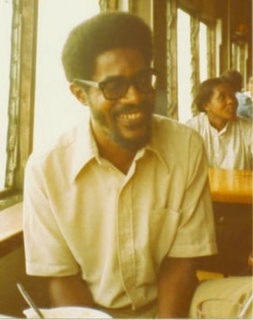A Quote by Theodore Roosevelt
Wide differences of opinion in matters of religious, political, and social belief must exist if conscience and intellect alike are not to be stunted, if there is to be room for healthy growth.
Related Quotes
America is big enough to accommodate differences of opinion and practice on religious and social beliefs. As a nation and as a society, we must reject discrimination, forcefully and without asterisks. Most importantly, as president, I will zealously defend the Constitution of the United States and all of its amendments.
It is possible for two people who have wide differences of preference and opinion, of habits, of teaching, of training, of background and belief to enjoy the company of each other in many ways. Indeed, a diversity of friendships is one of life's real enrichments. To learn of the goodness of those who are unlike-their worth, their sincerity, their good hearts, their good minds, their good company-is rich and rewarding. It is wonderful to have a wide range of choice friends who can be counted on, friends who can be enjoyed and loved and trusted. Such is the meaning of friendship.
On areas like abortion where there is major disagreement among the mainstream religious groups in the Judeo-Christian tradition, I believe that requires a lot more caution. The Jewish position on abortion is very different from the Roman Catholic position. That is reason to be cautious about enacting laws rather than saying to the religious group: instruct your followers on these matters as matters of personal religious belief.
There are two forms of disappointment that interest me: religious and political disappointment. Religious disappointment flows from the realization that religious belief is not an option for us. Political disappointment flows from the fact that there is injustice - that we live in a world that is radically unjust and violent, where might seems to equal right, where the poor are exploited by the rich, etc.
Everyone talks about religious liberty, but no one believes it. So let us be blunt about it: we must use the doctrine of religious liberty to gain independence for Christian schools until we train up a generation of people who know that there is no religious neutrality, no neutral law, no neutral education, and no neutral civil government. Then they will get busy in constructing a Bible-based social, political, and religious order which finally denies the religious liberty of the enemies of God.
Ethnic differences exist; of course they exist on the African continent. They are not necessarily political differences, however. They don't necessarily cause people to kill each other. They become so-called 'tribalism' when they are politicized in a particular framework. And in post-independence Africa they have been politicized largely by sections of the so-called African elite.




